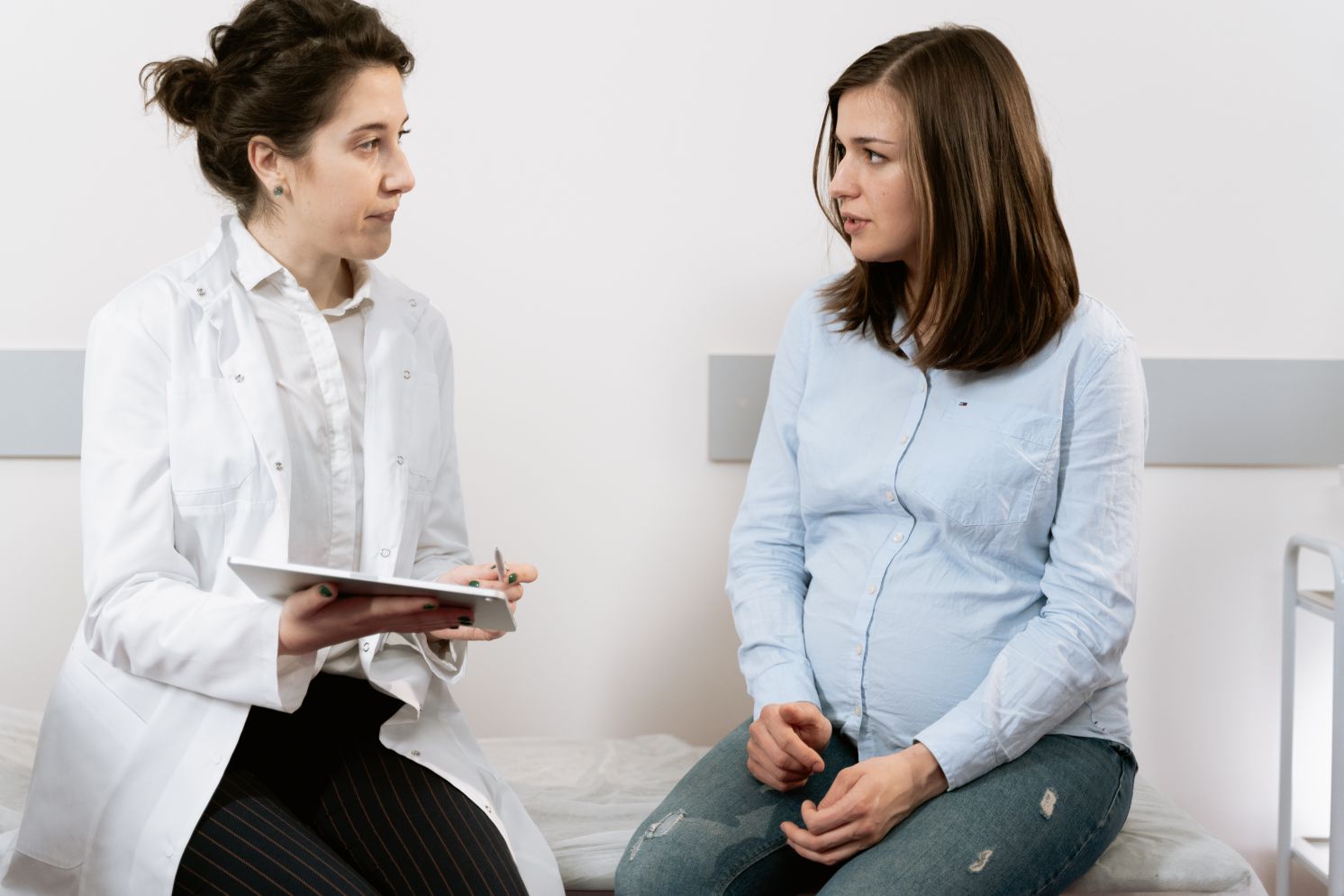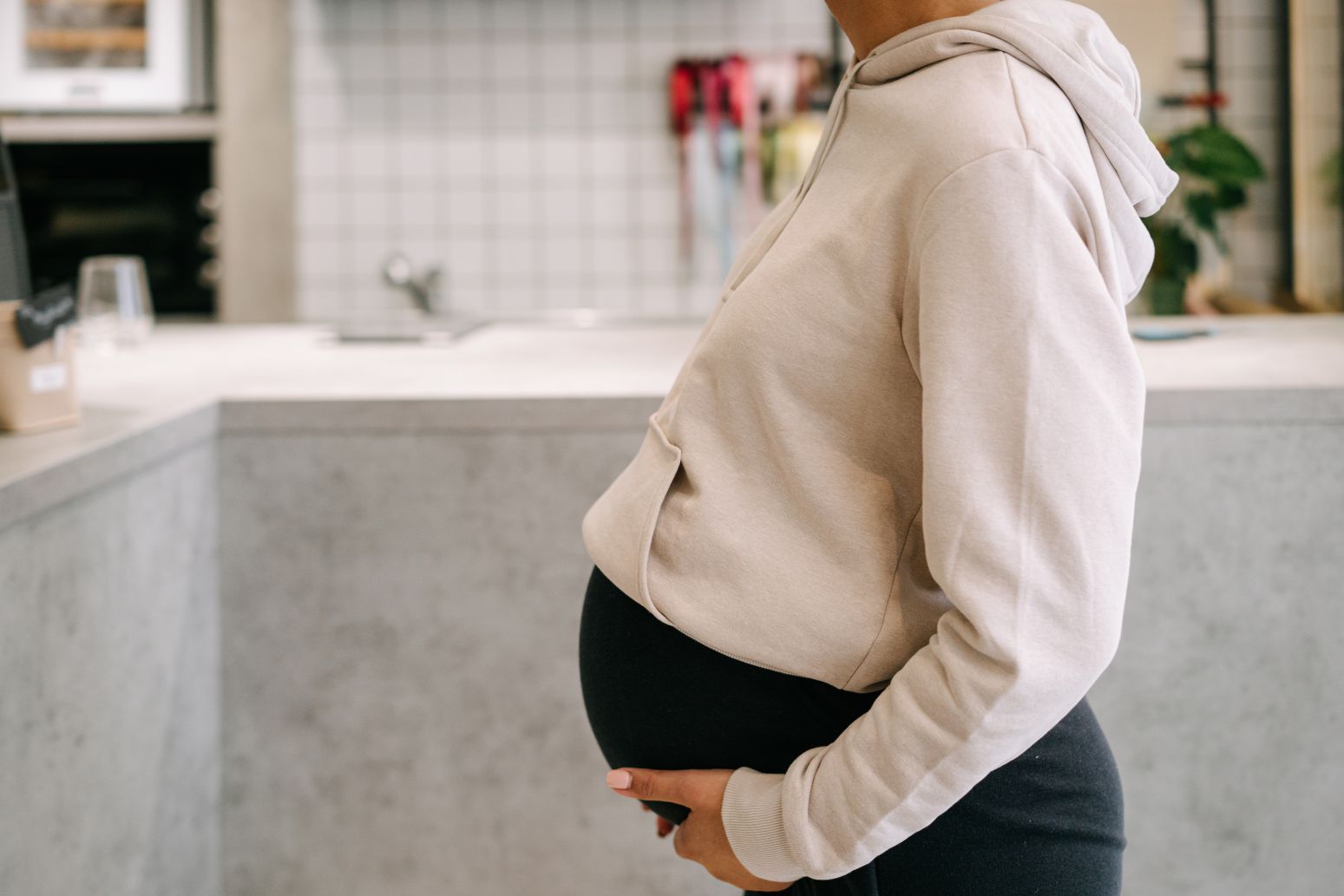Understanding Blue Light and Pregnancy
A component of sunlight and prevalent in visible light from electronic devices, blue light has been studied for its effects on sleep and overall health in the general population. An investigation published in the International Research Journal of Advanced Engineering and Science discovered that people who use electronic devices before bed may have more trouble






















